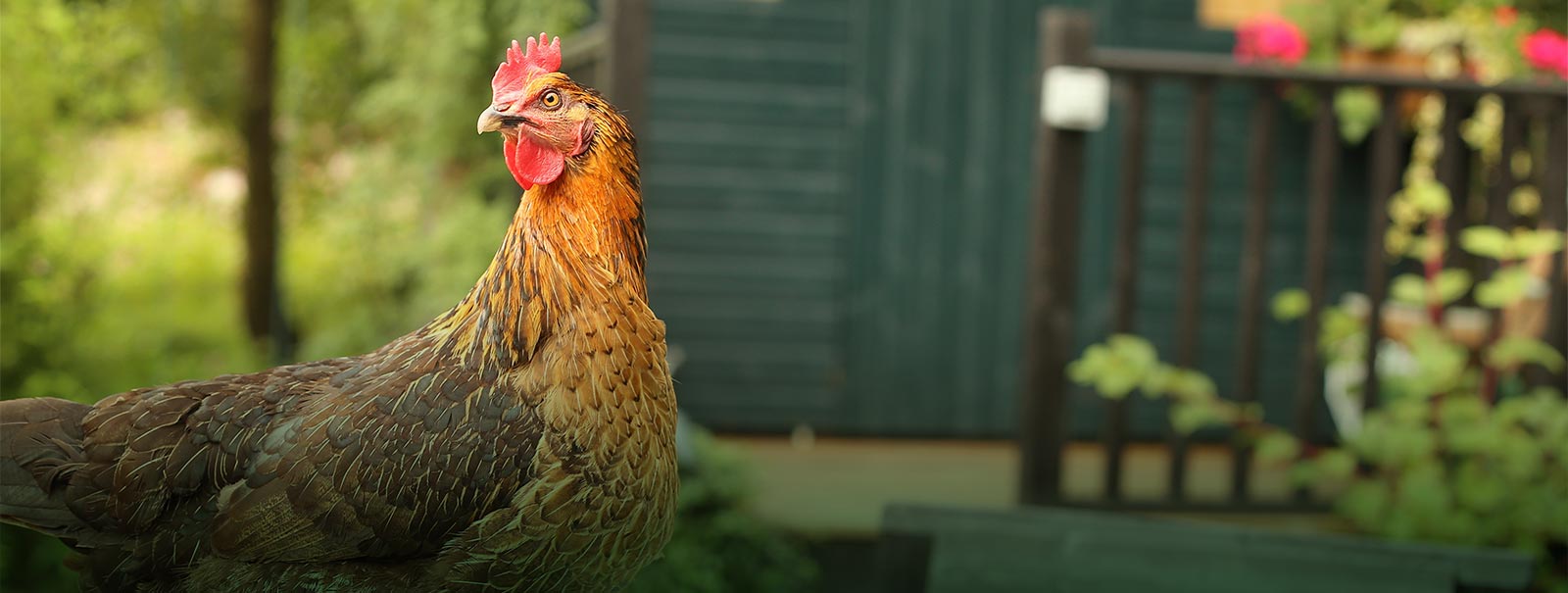
The advice hub Worms in Ducks and Geese
Cause
Just as for chickens there are several species of worms which can infect both ducks and geese.
There is a species of worm which is related to gape worm which can live in the trachea (windpipe) to cause gasping, however this is relatively uncommon. Worms that live in the digestive system are much more common and important. Capillaria (Hairworms) are highly important in young goslings.
What to look out for
- Weight loss
- Poor growth
- Dullness
- Lack of egg production
- Mild diarrhoea
Diagnosis
The only way to be sure if your birds have worms is to sample their droppings using the Chicken Vet Faeces Sample Kit. Simply collect fresh droppings, place them into the pot provided, complete the submission form and post to Chicken Vet. We will count the number of worm eggs in the droppings to determine if your bird has worms. We will then let you know if you need to worm your birds.
Treatment
Give your Geese a course of Flubendazole in feed for seven days at 60g/20Kg of feed.
Note: There are no licensed wormers for ducks in the UK, so speak to your vet for further advice.
Prevention
Either routinely worm your birds with Flubendazole at least every six months (spring and autumn), and ideally every three months or send in droppings samples every eight weeks to Chicken Vet.
When cleaning your waterfowl houses, use an appropriate disinfectant such as Interkokask that is licensed against worm eggs.
Try to move or rotate the range and run if possible to prevent a build-up of worm eggs on the pasture.


